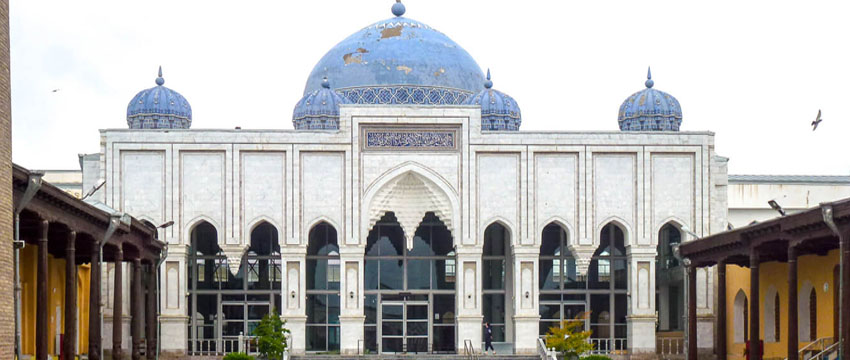Religious Beliefs In Tajikistan
Primarily divided into two sects, the Tajik Muslim community comprises of the Hanafi Sunnis who are the largest ethnic group in Tajikistan covering 90 per cent of the Islamic population of the country and the Ismaili Shiites that form the remaining population of those who follow Islam.
The superstitions and traditions of the people of Tajikistan are extensively influenced by the Zoroastrian cult apart from the Islamic population.
Ancient Beliefs
In the ancient days of early civilisations, people in this region believed that their daily lives and actions were monitored by some supernatural forces. You will, therefore, find them wearing amulets and other pieces of local jewellery to shield themselves from the sights of the evil forces even in the present days.
Different Religious Cults In Tajikistan
Apart from Islam and Zoroastrianism, people in Tajikistan also adhere to Jewdism. The tiny Jewish population principally includes the Bukharan and Ashkenazi minorities scattered in different parts of the Tajikistan province.
The Ashkenazi Jews, minor among the two groups, arrived Tajikistan after World War II. However, the larger population of the Bukharan Jews have been dwelling in the country since the Middle Ages.
Other prominent religious groups include the Catholics, and Baptists, Russian Orthodox and the Seventh Day Adventists.
Religious Practitioners
In Tajikistan, Islam is more important as a cultural heritage for many people than as a religion. Folk Islam gained strength even after the reduced Islamic practices during the Soviet era. Emphasis on the spiritual side of the religion in the form of Sufism grew during this period. One whose knowledge and personal qualities were influential became the religious scholar and also one of the most esteemed members of the community.
Rituals And Holy Places
Periods of fasting, weekly visits to the local mosque by men and funerals are the principal religious ceremonies performed by the Tajik people.
The Islamic believers fast during the day during Ramadan. The Ramadan fast is broken at sunsets with a huge evening feast.
Apart from this, the Ismaili Shiites in Badakhshan also read sacred poetries known as the ‘madah’, sung in Persian.
Beliefs On Death And The Afterlife
A dead person in Tajikistan is prepared for burial on the day of death itself. Islamic law forbids autopsies. The body is washed and wrapped in white material and placed in a box. It is carried in a procession to the cemetery, where it is removed from the box and placed in the ground. Memorials are held at an interval of seven days, forty days, six months, and one year.
